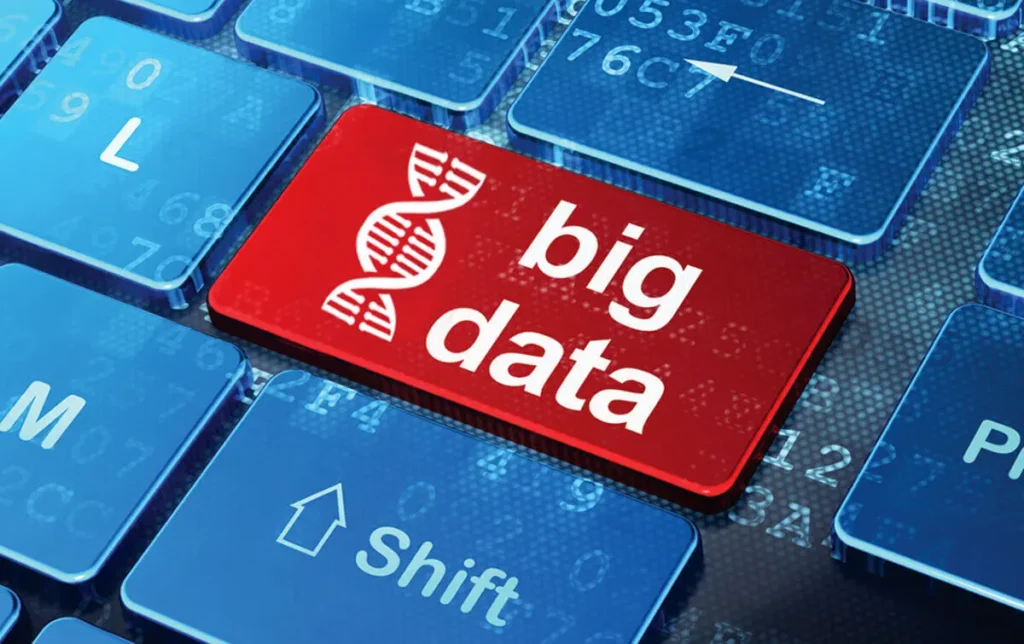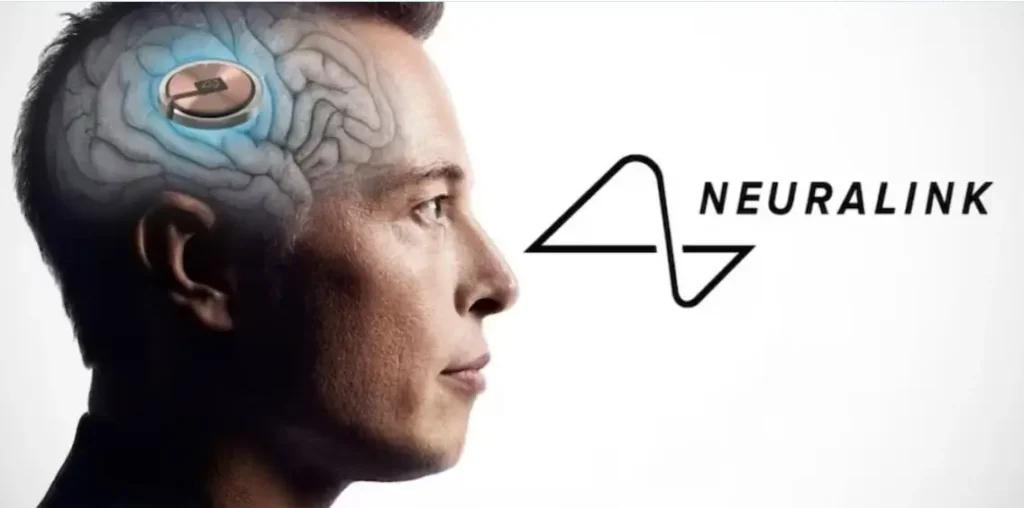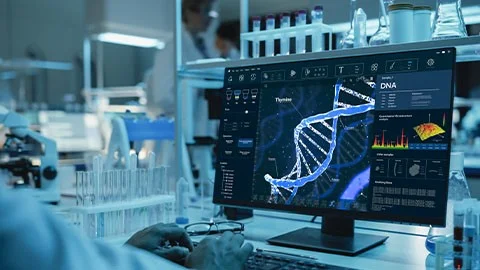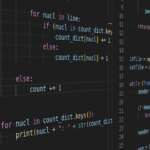Biological Computation as an emerging field harnesses the principles of living organisms to process information and solve complex problems.
In this article, we will explore what Biological Computation entails, the pivotal role of data science within it, explore real-world applications with examples from prominent companies.
Understanding Biological Computation
Biological Computation is the synergy of biological systems and computational methods. It involves leveraging the inherent computational capabilities found in living organisms, such as DNA, cells, and neural networks, to perform computational tasks. At its core, Biological Computation aims to mimic and optimize the efficiency and adaptability of biological processes for various applications.
Role of Data Science in Biological Computation
Data science serves as the backbone of Biological Computation, providing the tools and techniques necessary to analyze, interpret, and manipulate biological data. By employing statistical analysis, machine learning algorithms, and computational modeling, data scientists extract valuable insights from biological systems. These insights pave the way for developing innovative solutions and advancing our understanding of biological processes.

Also explore 6 Genomic Advancements in the Era of Computational Genomics and Data Science.
Biological Computation Real-World Applications with Examples
1. Healthcare and Pharmaceuticals
Biological Computation has revolutionized the healthcare and pharmaceutical industries by accelerating drug discovery and personalized medicine.
Companies like DeepMind utilize machine learning algorithms to predict protein structures, aiding in the design of novel therapeutics.
Similarly, Insilico Medicine employs artificial intelligence to identify potential drug candidates and optimize drug development processes, leading to faster and more cost-effective treatments.
Also read about Data-driven Healthcare Innovations, Challenges and Possible Solutions in 2024.
2. Agriculture and Food Security
In agriculture, Biological Computation plays a vital role in enhancing crop yield, mitigating pests and diseases, and ensuring food security.
Indigo Agriculture leverages microbiology and data science to develop microbial seed coatings that improve crop resilience and nutrient uptake.
By harnessing the power of biological systems, companies like Benson Hill utilize computational biology to breed crops with desirable traits, such as drought resistance and higher nutritional value.
3. Environmental Conservation
Biological Computation offers innovative solutions for environmental conservation and sustainability efforts.
Biobot Analytics employs biological sensors and data analytics to monitor wastewater for traces of pathogens and pollutants, providing insights to improve public health and environmental quality.
Additionally, companies like Molecular Assemblies utilize synthetic biology and DNA synthesis technologies to develop sustainable alternatives to traditional manufacturing processes, reducing environmental impact.
Click here to learn about Top USA Employers of Environmental Data Scientists.

BiomeSense develop biosensors that harness the power of microbial communities to detect pollutants and contaminants in soil and water. These sensors, integrated with data analytics platforms, enable real-time monitoring of environmental health and facilitate targeted remediation strategies, contributing to ecosystem preservation and human well-being.
4. Neuroscience and Brain-Computer Interfaces
Advancements in Biological Computation are revolutionizing neuroscience and the development of brain-computer interfaces (BCIs).
Companies like Neuralink, founded by Elon Musk, are pioneering the integration of biological and computational systems to enable direct communication between the brain and external devices. Through innovative neural implant technology and machine learning algorithms, Neuralink aims to restore sensory and motor function in individuals with neurological disorders.
Learn more about How is Machine Learning Transforming Biological Research?

5. Biologically-Inspired Robotics
Biological Computation inspires the design and development of robots capable of mimicking natural behaviors and adaptability.
Boston Dynamics creates bio-inspired robots, such as the Spot robot, which utilizes neural networks and sensor fusion to navigate complex environments autonomously. By incorporating principles from biology, these robots exhibit remarkable agility and resilience, paving the way for applications in search and rescue, exploration, and industrial automation.
IBM Research explores neuromorphic computing, drawing inspiration from the architecture and functionality of the human brain. By mimicking neural networks and synaptic connections, neuromorphic chips exhibit energy-efficient computation and pattern recognition capabilities, paving the way for novel applications in artificial intelligence, robotics, and cognitive computing.
6. Biomedical Imaging and Diagnostics
Biological Computation revolutionizes biomedical imaging and diagnostics through innovations in bioimaging techniques and medical devices.
Illumina, a leader in genomics technology, utilizes next-generation sequencing (NGS) platforms to analyze biological samples with unprecedented speed and accuracy. By leveraging advanced algorithms and computational pipelines, Illumina’s NGS solutions enable personalized medicine, disease diagnosis, and genomic research, driving advancements in healthcare and life sciences.
Explore about 6 Top USA Medical AI Companies Revolutionizing Medicine.
7. Bioinformatics and Genomic Data Analysis
Bioinformatics, a critical domain within Biological Computation, focuses on the analysis and interpretation of genomic data.

Companies like 23andMe leverage DNA sequencing technology and data science algorithms to provide personalized genetic testing services to consumers. Through comprehensive genomic analysis and ancestry tracing, 23andMe empowers individuals to gain insights into their genetic predispositions, ancestry, and potential health risks, facilitating proactive healthcare decisions and disease prevention strategies.
Learn more about Computational Biology vs Bioinformatics and Their Integration with Biological Data Science.
Conclusion
Biological Computation represents a remarkable fusion of nature and technology, offering unprecedented opportunities to solve complex challenges across various industries. With data science serving as its driving force, Biological Computation continues to push the boundaries of innovation, revolutionizing healthcare, agriculture, environmental conservation, neuroscience, robotics, and beyond. As we embark on this transformative journey, the future holds immense promise for those passionate about harnessing the power of biology and computation to shape a better world.



